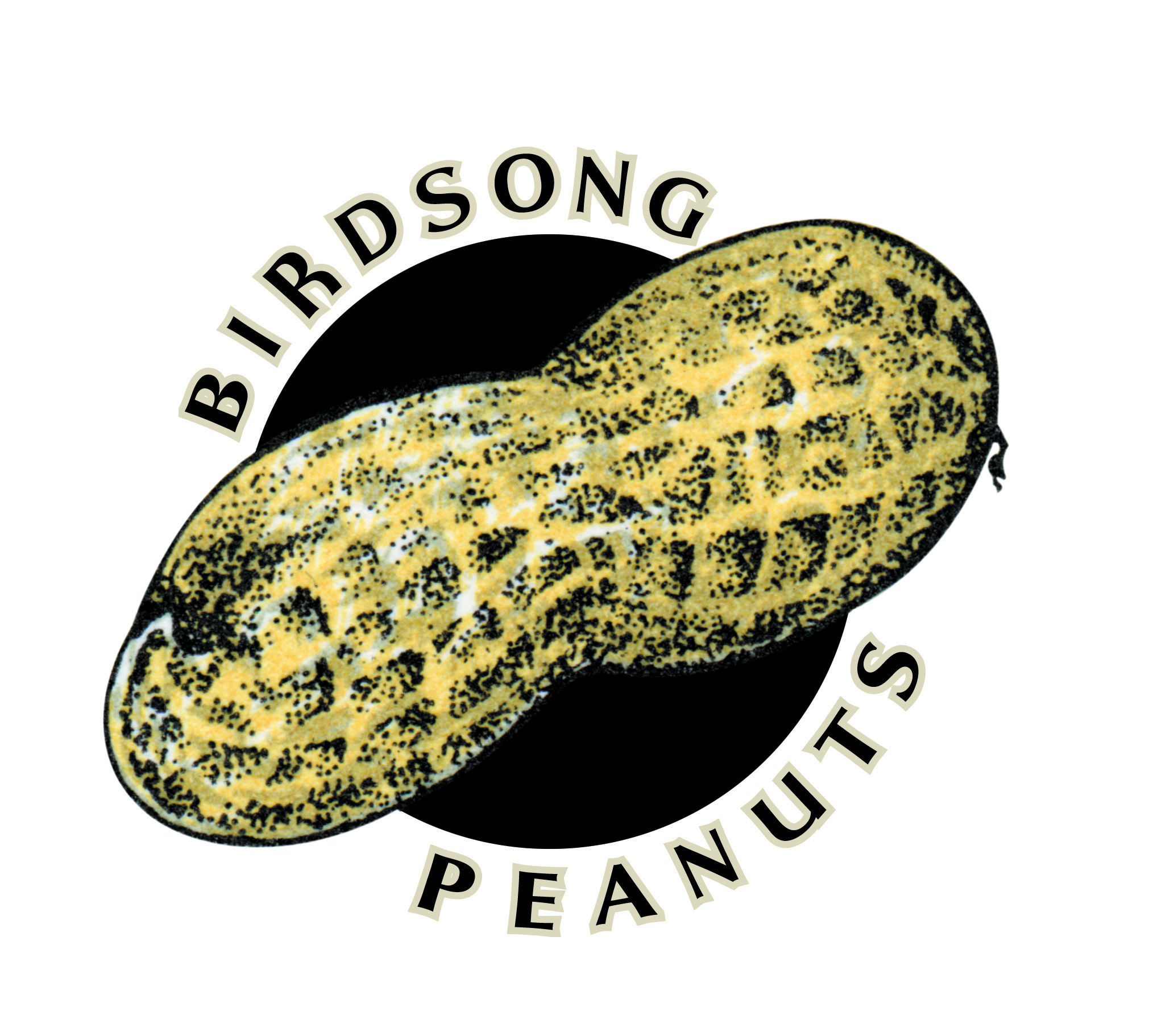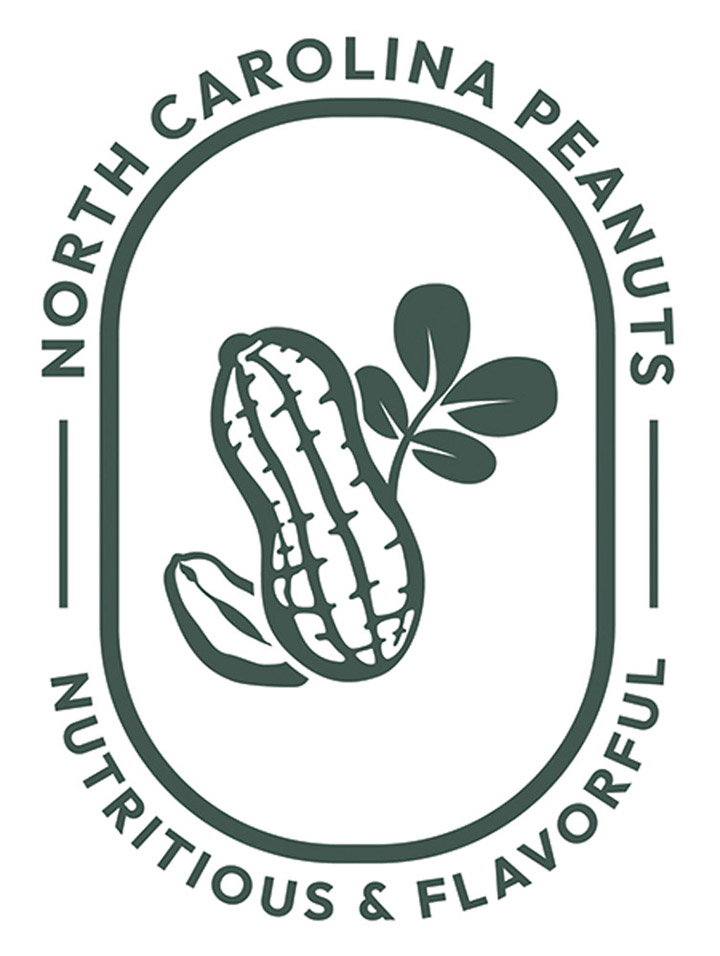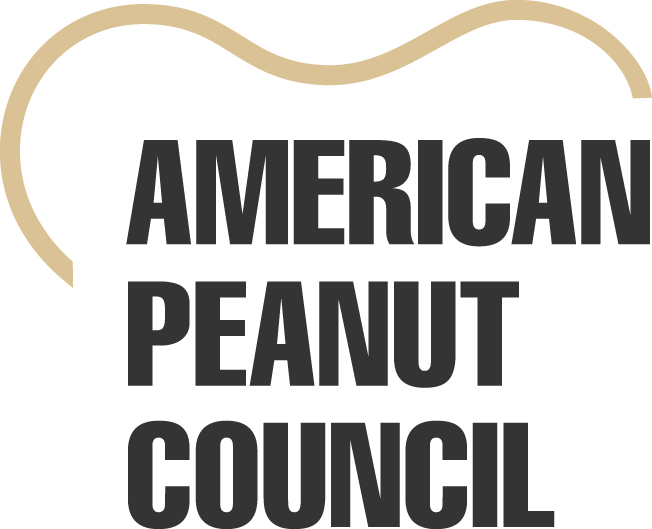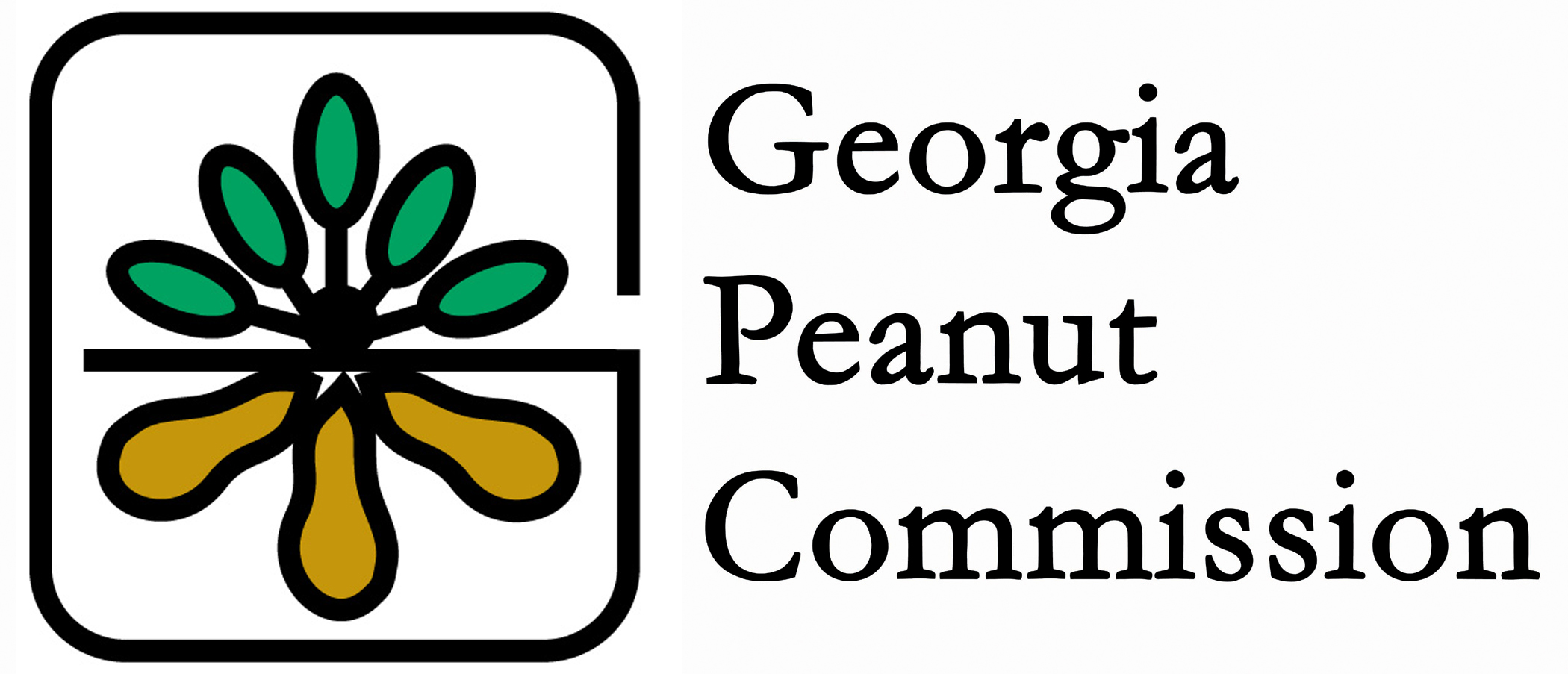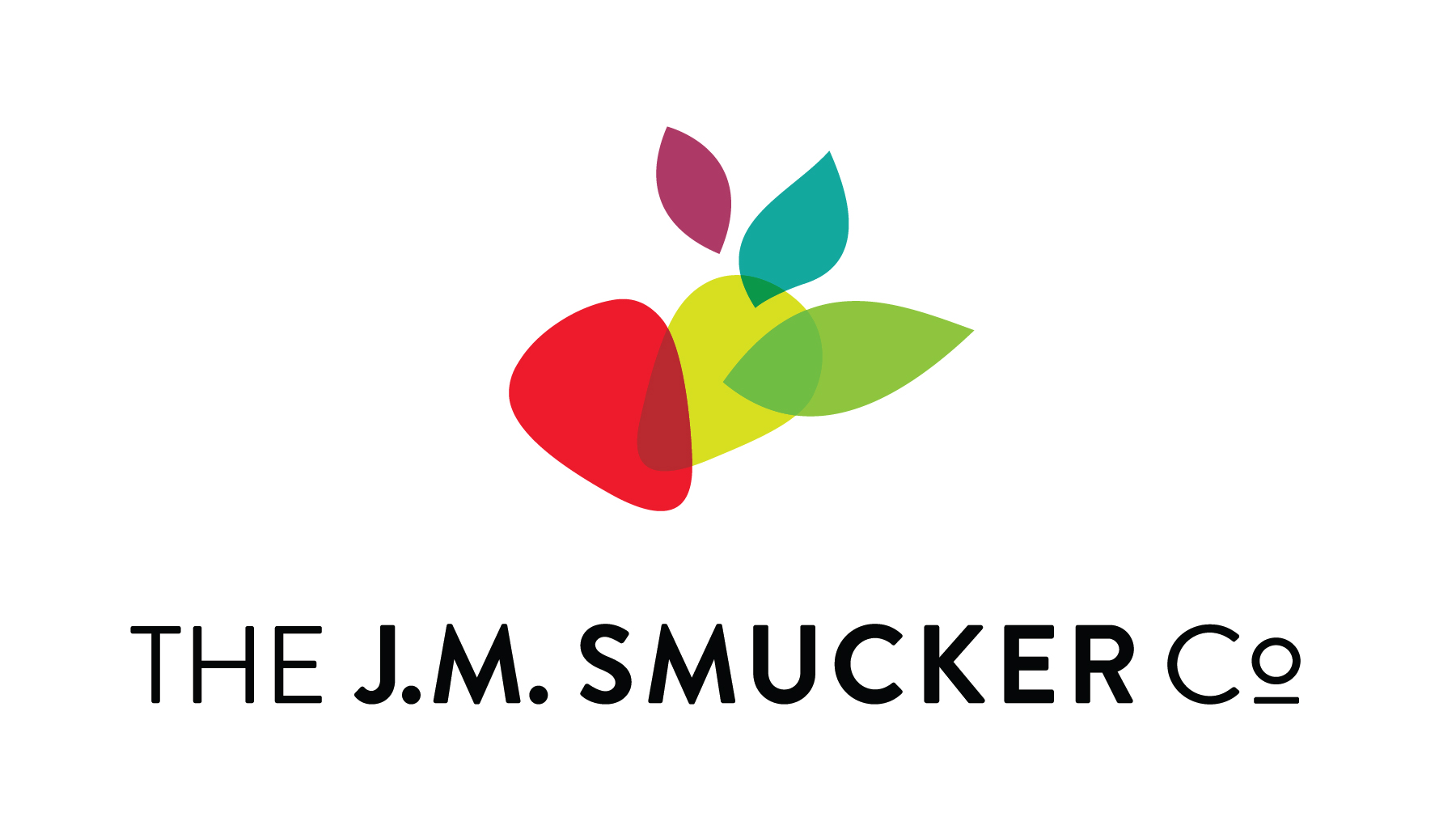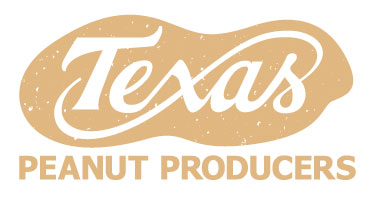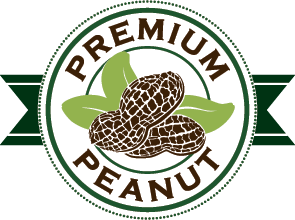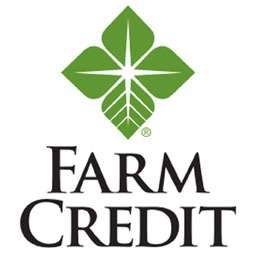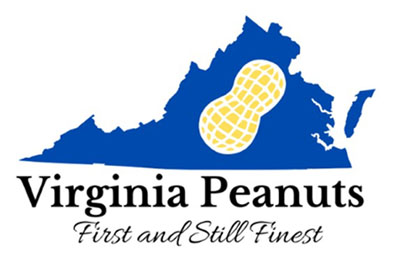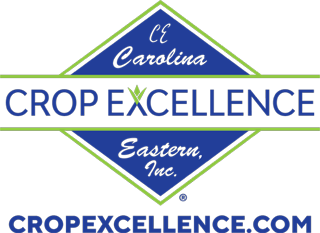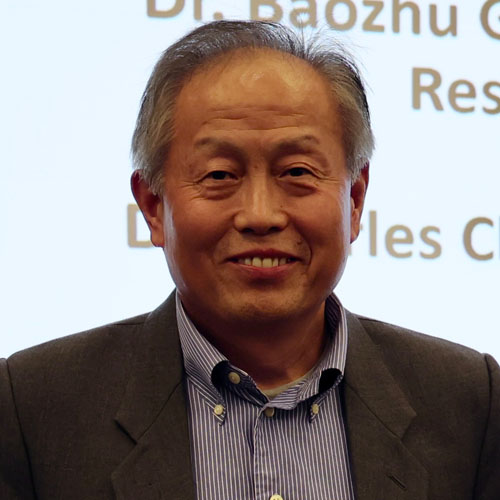
Dr. Baozhu Guo’s election as a Fellow of the American Peanut Research and Education Society (APRES) underscores an extraordinary career spanning over three decades in plant pathology, with a significant impact on peanut disease resistance and genomics. As a Research Plant Pathologist in the USDA-ARS since 1996, Dr. Guo has pioneered efforts in mitigating aflatoxin contamination and enhancing resistance to TSWV, nematodes, and leaf spots through genetic and genomic innovations.
Among his major achievements are the development of foundational genetic resources, including expressed sequence tags, QTL maps, and microarrays for peanut, which were instrumental in sequencing the cultivar “Tifrunner” as the reference genome. His leadership in launching and advancing the U.S. Peanut Genome Initiative has driven international collaborations and genomic breakthroughs.
From 2020 onward, Dr. Guo led the creation of the first Aspergillus flavus pangenome and developed the PeanutMAGIC population—over 2,500 RILs—for high-resolution trait mapping, including newly identified genetic markers for resistance to TSWV and root-knot nematodes, and enhanced oleic acid content.
He has authored over 200 peer-reviewed publications and mentored numerous students, many of whom have achieved national recognition. His service to APRES includes committee leadership and significant contributions to graduate student development, fostering the next generation of researchers and advancing the society's mission. In the words of one former student: “To say Dr. Guo is a good mentor, is a gross understatement. His students are not a simple requirement of his position nor a line on a CV, but an honor that he upholds. Not only has he facilitated an environment to develop my scientific career through resources and connections but has improved my character through his wisdom and challenging experiences.”
Dr. Guo’s research has not only propelled scientific understanding but also enabled practical breeding tools for peanut improvement, earning him prestigious awards and a global reputation. His recognition as a Fellow of APRES reflects a legacy of innovation, mentorship, and transformative contributions to agricultural science.







